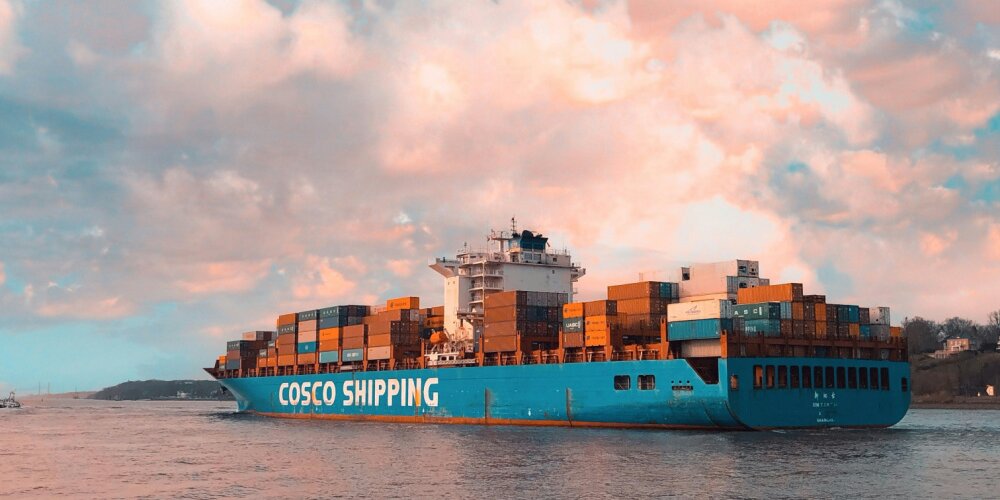Browse our services
Explore how Brookes Bell can help you
Find an expert
Meet our team, find and expert and connect
Contact us
Get in touch, we're here to help

The World Shipping Council, on behalf of some of the world’s largest ocean carriers, has called for a Green Balance Mechanism to ‘close the price gap between fossil fuels and green fuels, at the lowest possible overall cost’.
The call for a Green Balance Mechanism comes at a time when the shipping industry - spurred on by the global regulator, the UN International Maritime Organisation - is required to drastically reduce its greenhouse gas emissions. Ultimately, the industry is required to hit ‘net-zero’ emissions by 2050.
However, there is yet to be cost parity between traditional bunker fuels and the new generation of alternative zero or low-carbon fuels.
Therefore, in order to avoid imposing an outsized cost on ocean carriers (and by extension the global economy), the World Shipping Council is proposing a mechanism that will ‘make it economically rational and attractive for both shipowners and energy providers to invest in fuels and technologies that deliver deep greenhouse gas reductions’.
So, how does the World Shipping Council envision its Green Balance Mechanism working? It has set out the following proposals:
It is hoped that the introduction of a Green Balance Mechanism will allow existing and soon-to-be-delivered dual-fuel ships to operate on the cleanest fuels, rather than having to wait years for them to become economically viable.
Commenting on the proposed Green Balance Mechanism, John Butley, President and CEO of the World Shipping Council, said:
“Liner carriers are committed to decarbonising shipping and eager to support the development of effective and timely global climate regulations through the IMO. Switching from fossil fuels to green energy sources for the engine of global trade will take time and require massive private and public investments. It is our shared responsibility to make sure we meet the needs of our climate in a way that minimises the cost for the global economy”.
Rolf Habben Jansen, CEO of Hapag-Lloyd, echoed this sentiment, saying:
“The World Shipping Council’s proposal for the Green Balance Mechanism is a pragmatic step towards sustainable shipping. This greenhouse gas pricing mechanism aims to promote a competitive shift to low-emission fuels, which is consistent with our sustainability measures, our goal to operate a net-zero fleet by 2045, and the shipping industry’s overall commitment to decarbonisation.”
“Additionally, it promotes the production of alternative fuels and minimises the economic burden on all stakeholders, ensuring a level playing field. These are crucial factors for a successful energy transition in maritime shipping”.
Fuels are the lifeblood of the maritime industry, ensuring that global trade routes continue to flow.
However, fuels can sometimes be off-specification or contaminated, resulting in costly engine and equipment damage.
If you’re involved in a fuel dispute, then Brookes Bell’s fuel specialists can help. Our team has experience dealing with bunker fuel oil quality disputes, fuel cargo quantity and quality disputes, remote situation advice and more.
For more maritime industry insights, news and information, read the Brookes Bell News and Knowledge Hub...
Researchers Warn of Potential Environmental Harms of Ammonia | Global LNG Demand to Drive Shipping's Gas Carrier Sector | What Are the World's Biggest Ports?